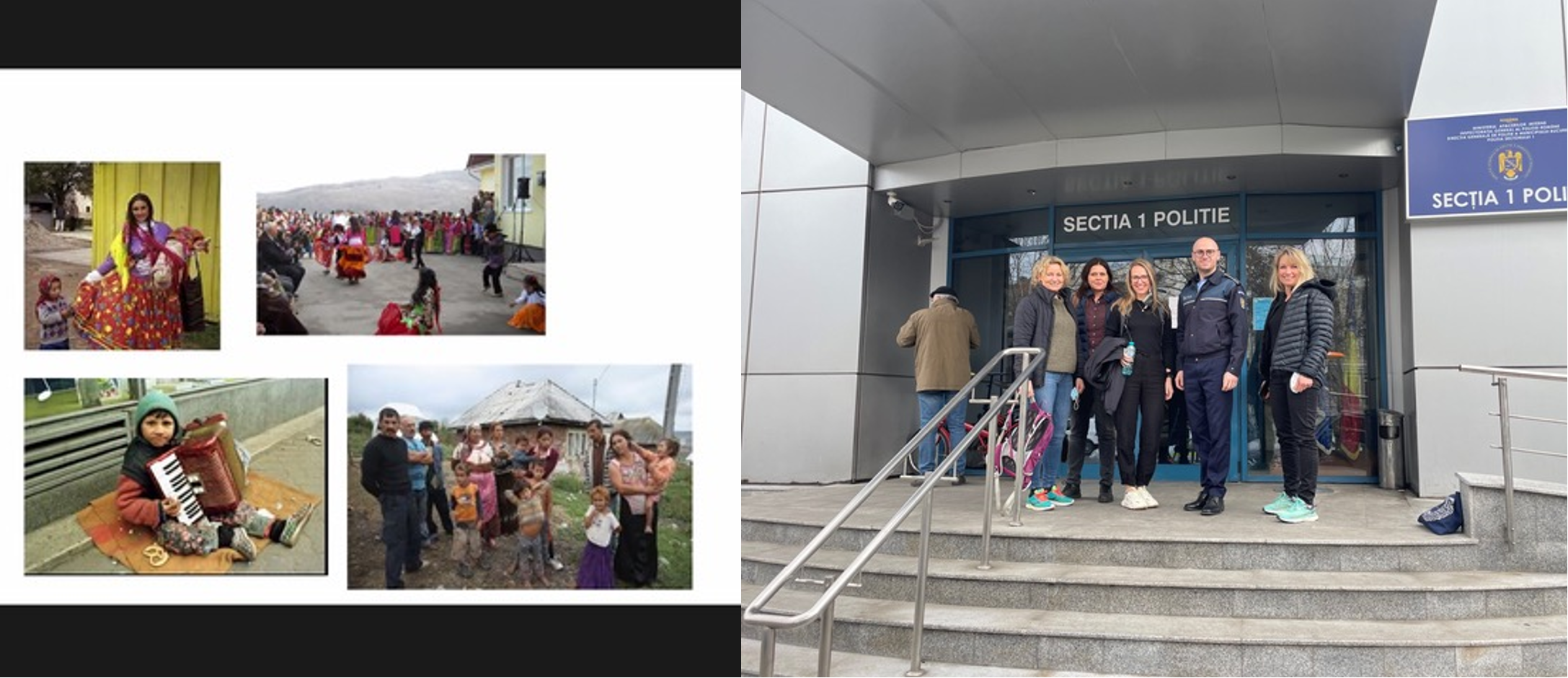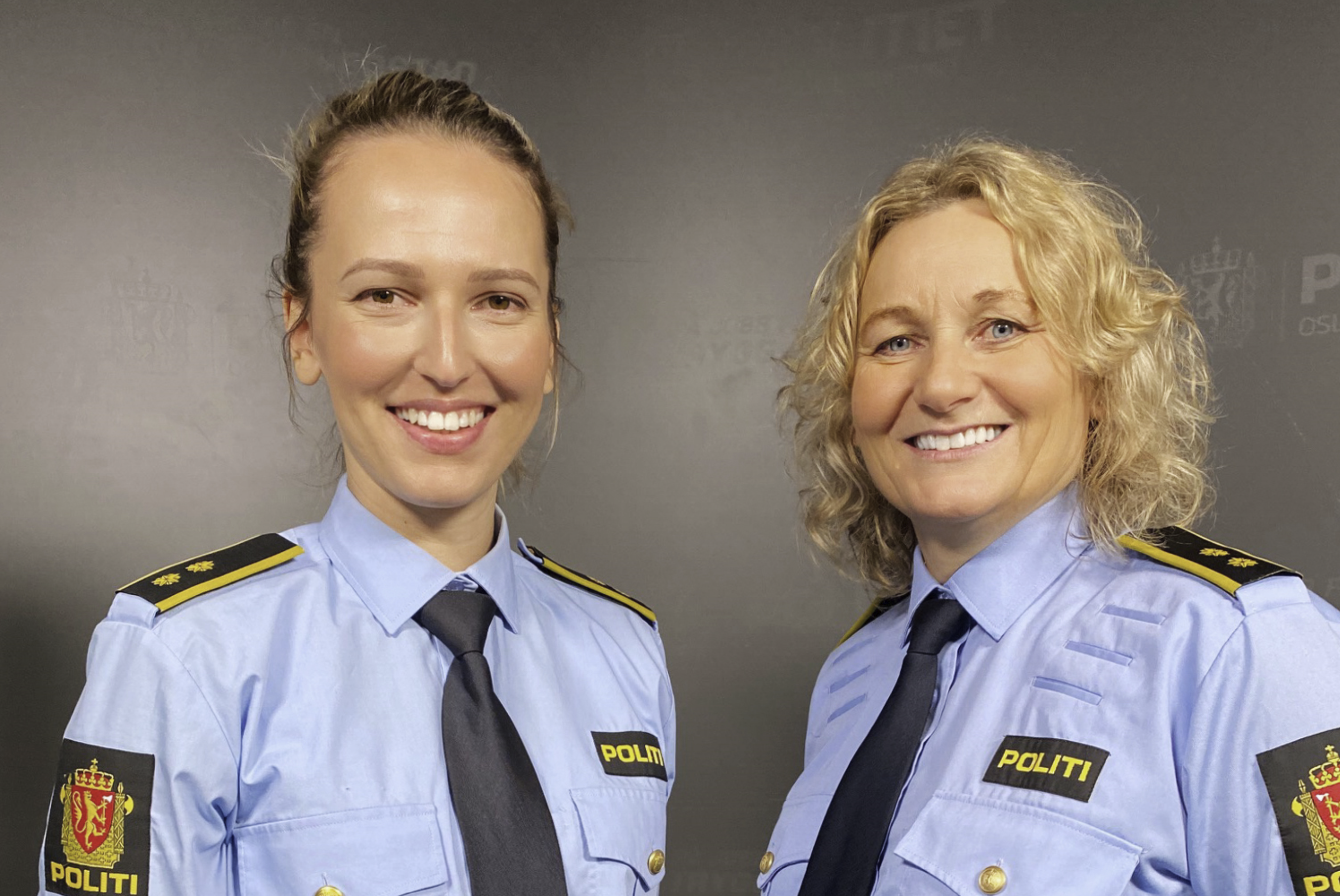Fortunately, there are many initiatives to bring about structural change. Today, on the International Day for the Elimination of Racial Discrimination, we want to highlight a project that has been making an impact in Romania since 2014. This project, funded by the Norway Grants, aims to combat hate crimes and violent extremism, particularly against the Roma population, and increase the quality of police service.
Building on the foundations
The project involves the creation of a specialised Hate Crime Unit in the Romanian Police force, that has the expertise and knowhow to identify, investigate and fight racially motivated attacks and hate crimes. The idea is that effective police procedures can pave the path to build trust amongst civilians, law enforcement authorities and non-governmental organisations.
Eugen Valean, the Romanian Home Affairs Programme manager, says that fair treatment of ethnic diversity and non-discrimination are permanent concerns at the Ministry of Internal Affairs. “Romanian police schools and institutions of studies in the field of public order, including the Police Academy, are preparing police agents and officers from all ethnicities, including Roma, at all levels.”
Peer-powered learning
Transparency and training are key here, as they can give clear, across-the-board guidelines for police to follow and cement good practice. The team is built in collaboration with and based on the already established Norwegian Hate Crime Unit, who were on location to kickstart the team in September 2020. Together, they developed an extensive training programme for documenting and dealing with hate crimes, within and out of the police force.
Chief superintendent Bogdan of the Romanian police was involved in many of these sessions. He says “the training gave us the opportunity to create strong bonds between all police officers from Romania counties and to share our experiences as criminal investigators. We had the opportunity to learn from our Norwegian colleagues, discover their approach to the investigation of hate crimes and how they interact with victims. All of this is a big win for a new unit like ours.

Making a difference from the start
So far, the Romanian Hate Crime Unit has trained six specialised police officers. Though the pandemic slowed down the project’s expansion, video meetings continued throughout lockdowns and distancing. Once the interviews could take place in person, the project started picking up pace again.
Since its foundation in 2021, The Hate Crime Unit has started investigating cases, and collecting data on hate crimes. As a separate track within the project, several NGOs are participating to improve the quality of life of Roma communities through awareness campaigns and logistical support, such as obtaining ID cards. From the perspective of Romanian law enforcement, this project is already having an effect. “Even though discrimination or misconduct against vulnerable persons or communities had previously been investigated and criminalised, the project brings a particular approach, with a clear focus on hate crimes, that is benefiting from appropriate support of our Norwegian project partners.”
This project is a continuation of the former EEA and Norway Grants initiative, funded within the 2009-2014 financial framework, “with extended ambitions to better reflect the modern evolution of the hate crime phenomenon. Building the Hate Crime Unit came naturally, and the contribution of the Norwegian partners is crucial,” says Valean.
From local to national to international
Although the collaboration with the Norwegian police force may seem surprising, they are in fact a perfect partner. The Norwegian police force has maintained an active Hate Crime Unit in Oslo since 2014, which means they bring in a lot of experience. However, the setup of the Romanian Unit differs from the Norwegian one. Abetare Krasniqi, part of the Norwegian team training Romanian police, notes that “the Hate Crime Unit in Norway became national in 2021, while Romania chose to locate their unit within the General Inspectorate of Romanian police from the start.” Something she believes “is important in order to train the whole [national] police force.”
The collaboration between the teams will continue throughout 2023: the project has a vigorous agenda of meetings and training sessions, both in Romania and Norway. The project shares expertise on:
- Safeguarding victims and documenting their personal perspectives;
- Identifying and recording hate crimes, with an emphasis on victims' experiences; and
- How to investigate motives for the perpetrators’ actions.
There will be three one-week training sessions together with the Romanian police and prosecutor's office. Apart from that, the Hate Crime team from Romania will travel to Norway for a study visit. Joint workshops will be held in both Norway and Romania. Prosecutors, as well as 48 points of contacts from Romanian districts responsible for hate-crime training will be project participants and regular video meetings will keep trainers and trainees updated on project activities.

Knowledge is a tool
In addition to this hands-on and in-the-field approach, the project emphasises the importance of structural and long term change. Information is an important tool to evaluate the situation and keep on improving. In tandem with police training, the first survey on the attitudes and experiences of Roma regarding victimisation and hate crimes, and their expectations of the police service, is in progress in Romania. An academic partner, the Research Institute for Quality of Life (ICCV), started the data collection process with results pending for 2023.
According to the OSCE, Romania regularly reports hate crime data to The Office for Democratic Institutions and Human Rights (ODIHR). The Ministry of Administration and Interior, the police, the Prosecutor's Office and the Superior Council of Magistracy collect hate crime data.
“The importance of cooperation with civil society is vital since this is a social problem and impossible for the police to combat alone,” says Krasniqi. Taken together, strengthening police expertise and accountability, collecting and recording data on hate crimes, and informing and engaging the public on the topic has proven to be an effective way to build trust between communities.
